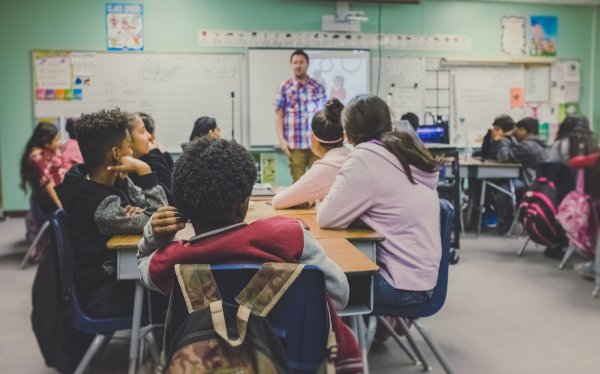
A recent UNESCO report discusses the findings of a survey conducted to discover what teachers think about and do in response to school violence. The research was carried out in February and March of 2020, through an online global survey that had 34,877 respondents from 147 different countries, as well as 16 focus group discussions in a number of different countries.
The report notes that the representation was perhaps not as wide as it could have been, with 81% of respondents coming from Latin America and all respondents being a self-selected sample that would most likely have a pre-existing interest in the topic.
The main findings of the report detailed that, although four in five teachers recognise it is their responsibility to create a safe learning environment for their students, the same proportion report that they do not always intervene in acts of school violence, and only half of respondents felt that they had the full support of their school management to respond.
Other findings showed that teachers had a strong understanding of what is considered to be school violence. However, an alarming minority overlooked certain aspects, such as one fifth of respondents not recognising what constitutes to be sexual violence.
In addition, although the vast majority are aware of positive strategies that focus on prevention and support of school violence, there is a gap in the recognition of violence that is perpetrated by teachers, with a fifth of respondents seeing no issues with the use of corporal punishments in schools.
The report saw that in response to their findings there was a need to improve the prior and in-service training offered to teachers, in order to raise awareness of violence in schools and make teachers better prepared to deal with it. Furthermore, the report called for more institutional support for teachers in order to address gaps in the teachers’ ability to identify, prevent and address violence in schools.
The report forms part of the ‘Safe to Learn’ initiative, a strategy for the period 2021-2024 which seeks to prevent violence in schools and create safe learning environments for all children.